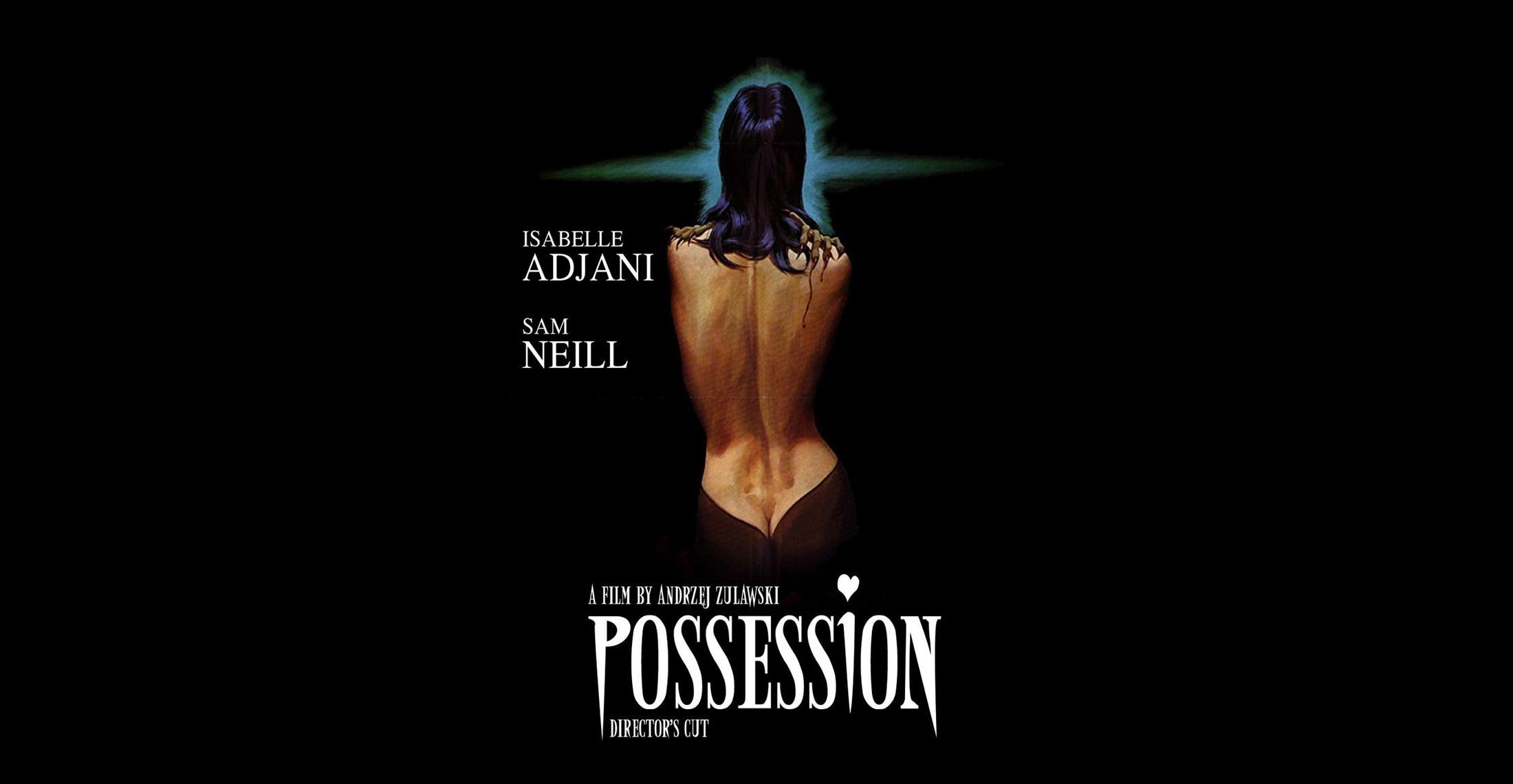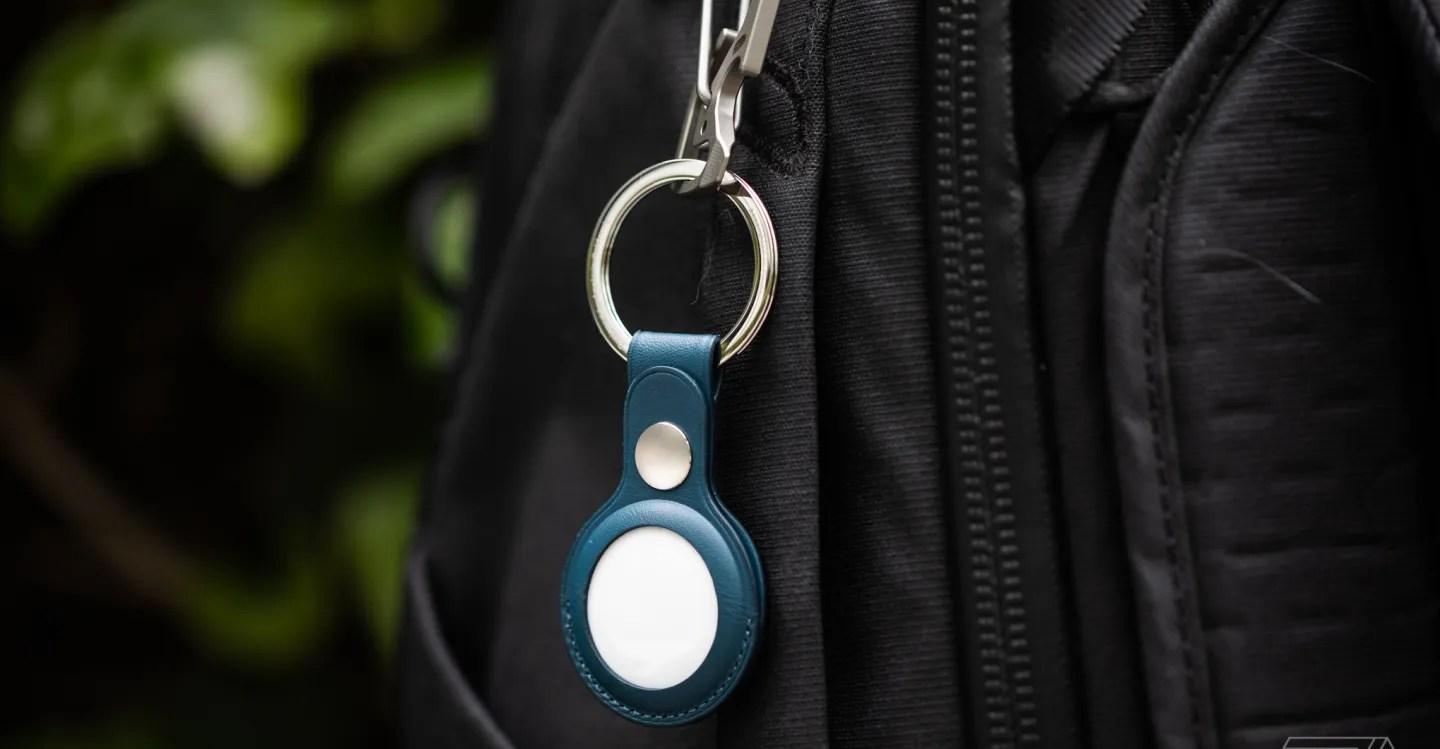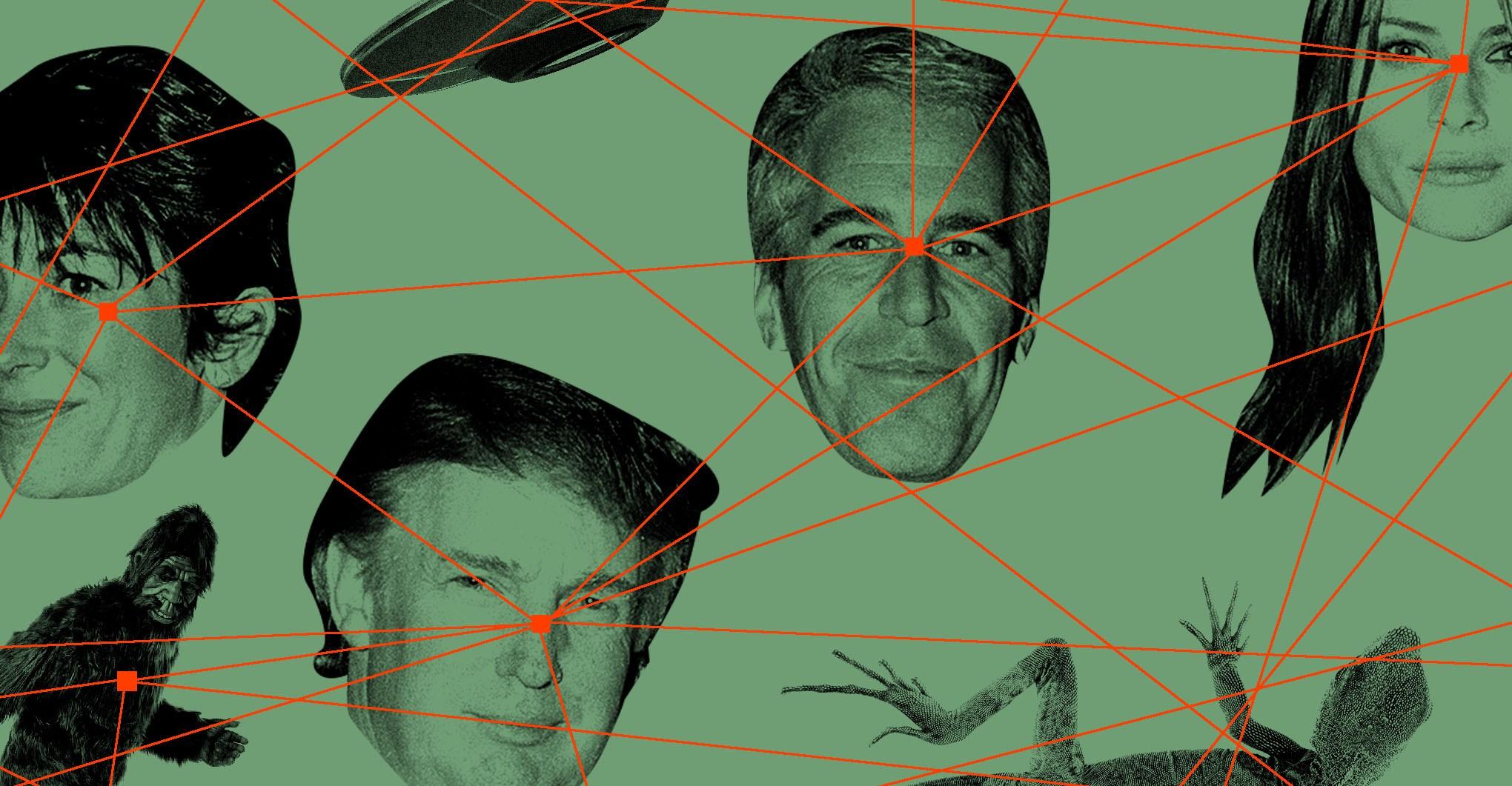- Home
- Technology
- News
Australia designates koalas as endangered species
The species was listed as "vulnerable" in those states and territory only in 2012.


Australia has listed the koala as an endangered species across most of its east coast, after a dramatic decline in numbers.
The once-thriving marsupial has been ravaged by land clearing, bushfires, drought, disease and other threats.
The federal government said the listing was for Queensland, New South Wales and the Australian Capital Territory (ACT).
It has been urged to do more to protect koalas from rapidly diminishing habitats and climate change.
The species was listed as "vulnerable" in those states and territory only in 2012. Despite the rapid deterioration, governments have been accused of dithering.
"This listing adds priority when it comes to the conservation of the koala," Environment Minister Sussan Ley said on Friday.
She said officials were designing a recovery plan, and land development applications would now be assessed for impacts on the species.
Last year, a New South Wales inquiry found koalas would be extinct there by 2050 unless there was urgent action.
It estimated the Black Summer bushfires of 2019-20 had killed 5,000 koalas and affected 24% of habitats in New South Wales alone.
"Koalas have gone from no-listing to vulnerable to endangered within a decade. That is a shockingly fast decline," said conversation scientist Stuart Blanch from WWF-Australia.
"Today's decision is welcome, but it won't stop koalas from sliding towards extinction unless it's accompanied by stronger laws and landholder incentives to protect their forest homes."
Scientists warn that climate change will also exacerbate bushfires and drought, and reduce the quality of the animal's eucalyptus leaf diet.
Koalas are also found in South Australia and Victoria but their numbers are on the decline nationally, according to conservation groups.
SOURCE: BBC

You need to watch the intensely surreal cult classic Possession
- 9 hours ago
Trump leads first meeting while Hamas tightens grip in Gaza
- 16 hours ago
Pakistan, US ink pact to redevelop New York’s Roosevelt Hotel
- 17 hours ago

Apple’s first-gen AirTags are still worth buying now that they’re $16 apiece
- 9 hours ago

A new Supreme Court gerrymandering case is nightmare fuel for Democrats
- 7 hours ago

Scientists have found another alarming pattern in wildfires
- 7 hours ago

Logitech’s new Superstrike is a faster, more customizable gaming mouse
- 9 hours ago

The Brazilian playbook for defending democracy
- 7 hours ago

Why are Epstein’s emails full of equals signs?
- 9 hours ago

America After Trump
- 7 hours ago

The world’s rainforests are vanishing. In this one country, they’re growing back.
- 7 hours ago

Four terrorists killed in IBO in KP’s Lakki Marwat: ISPR
- 17 hours ago








